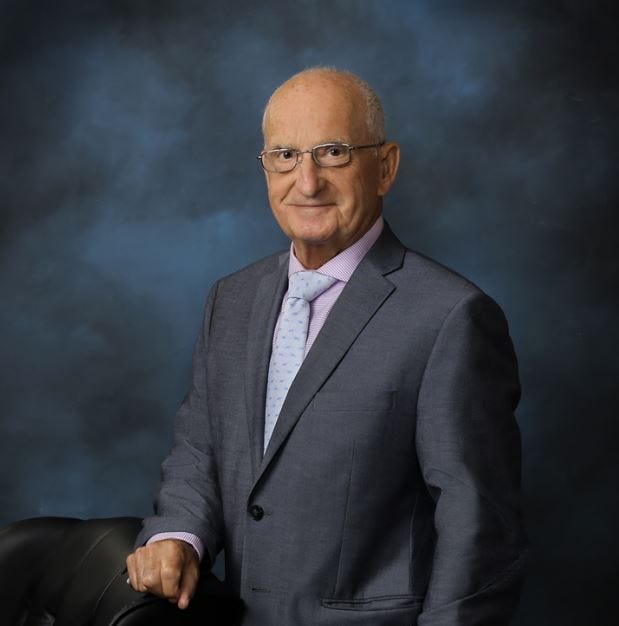Support Your Athlete's Development
with Proven Mental Training
If your athlete struggles with motivation, confidence, mental blocks, or meet-day nerves, you’re not alone.
Coaches and parents see these challenges every day. They are a normal part of growing up in demanding sports like gymnastics—and they require informed, consistent support.
Gymnastics Psychology is a comprehensive resource for coaches and parents who want to understand the sports psychology principles behind these challenges and how they apply to training, child development, and competition.
Through clear explanations, real-world examples, and practical guidance, the book supports athletes’ mental development over time.
The goal is to build the knowledge and perspective needed to guide athletes through the mental side of sport—not to replace coaching or parenting, but to strengthen it.
INTERNATIONAL BESTSELLER!
Published by Morgan James Publishing, New York
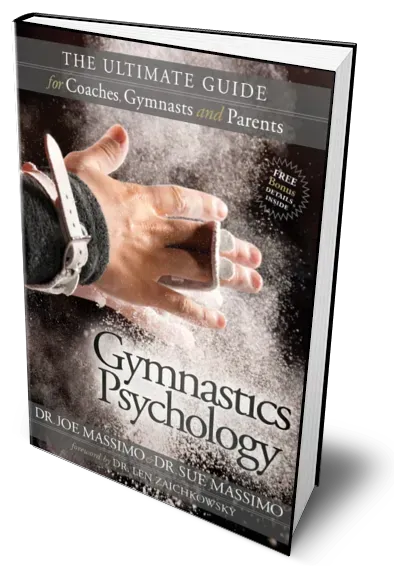
Gymnastics Psychology:
The Ultimate Guide for Coaches, Gymnasts and Parents!
“What You’ll Learn Inside Gymnastics Psychology”
Build confidence so your gymnast feels calmer and more capable in practice and competition
Work through mental blocks using step-by-step tools that reduce fear and hesitation
Support your gymnast on tough days without adding pressure or frustration
Handle meet-day nerves with simple routines that help athletes feel steady and prepared
Improve focus and attention so training stays productive and mistakes don’t spiral
Create realistic, meaningful goals that keep your gymnast motivated throughout the season
Strengthen communication between coaches, parents, and athletes
Reduce negative thinking and help your gymnast stay positive and grounded
Build mental preparation habits your gymnast can rely on before every meet
Guide your athlete through setbacks using healthy coping tools
Develop life skills like resilience, responsibility, and emotional awareness
Build Athlete Confidence with Clear, Practical Guidance
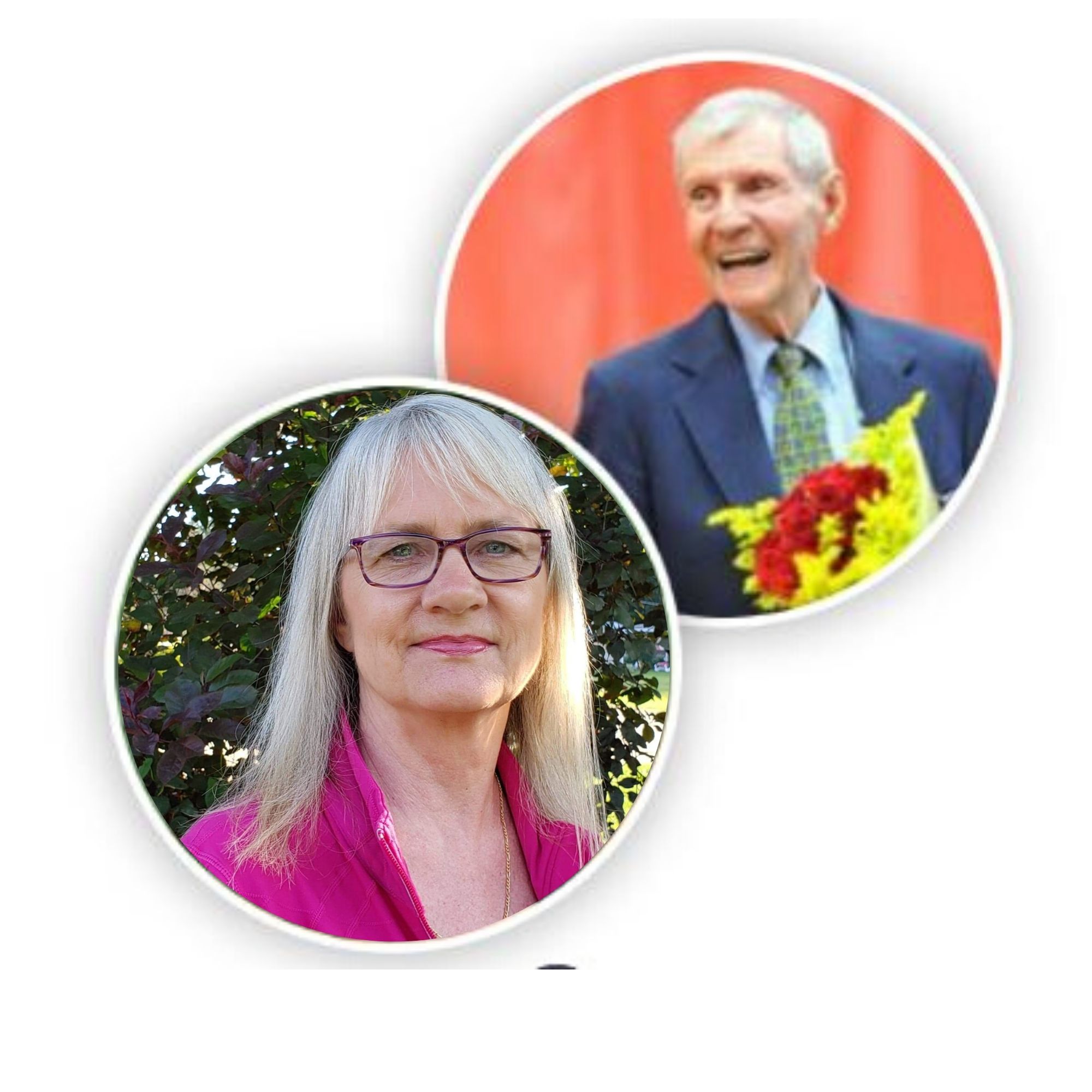
MEeT the co-AUTHORs
Dr. Sue Massimo & Dr. Joe Massimo
Gymnastics Psychology Books and articles are brought to you by the late Dr. Joe “Doc” Massimo and Dr. Sue Massimo, dedicating over 120 combined years in gymnastics as competitors, judges, coaches, gymnastics psychologists, and National & Olympic Team consultants, to help coaches and gymnasts, along with their supportive parents, realize their peak potential in sports and life!
What People Are Saying...

The sport of Gymnastics has always been about having a strong mind to support a strong body. In my career as a coach, whether I am working with a Level 4 or an Elite National Team Member, I find myself frequently returning to Doc’s papers, lectures, and articles. He manages to take complex topics and write in a way that is easily understood by the reader. His passion for gymnastics comes alive in his writing which really holds something for everyone-Coach, Gymnast, or Parent.
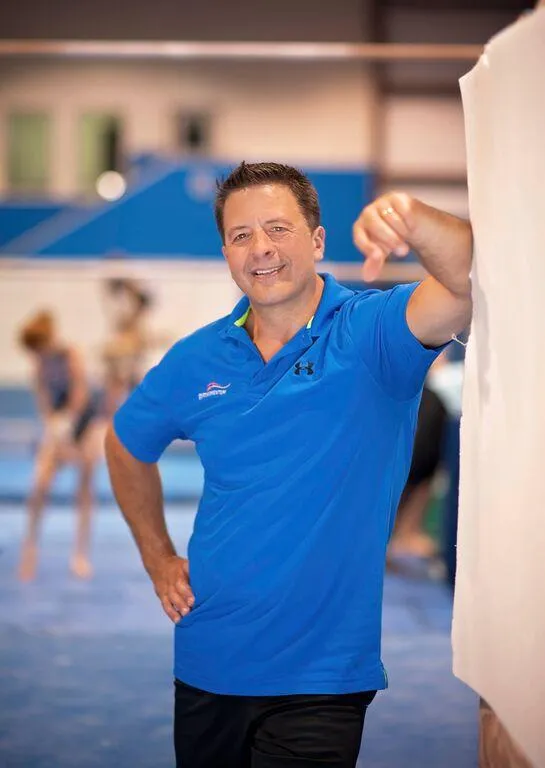
Mr. Tony Retrosi:
2010 USA Gymnastics’ Educator of the Year, Owner and Coach-Atlantic Gymnastics

How fortunate I am to have a mentor, a coach, and a constant listening ear…Growing up in the gym and hearing amazing stories of gymnastics breakthroughs and groundbreaking psychology research. And out of these stories came priceless messages...referred to…as ‘Doc-isms...my favorite Doc-ism: ‘I care more about you as people than I do as gymnasts.’ What a fantastic message from coach to athlete.
The world is fortunate to have this book, “Gymnastics Psychology” as a resource to apply Doc-isms into their lives.
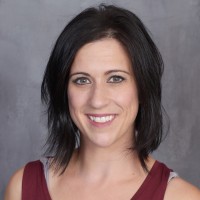
Nicole Langevin: Gymnastics Choreographer, Consultant & Speaker

Nowhere will you learn more practical information about such concepts as the psychology of fear, anger, motivation, stress, mental preparation, ethics of coaching, coaching commandments, eating disorders, recovery from injury, transition to elite sport, or the unique aspect of leaving home to train, than in this book.
In reading about the psychology of gymnastics, rest assured that you are learning from two of the very best in the world of gymnastics psychology.
